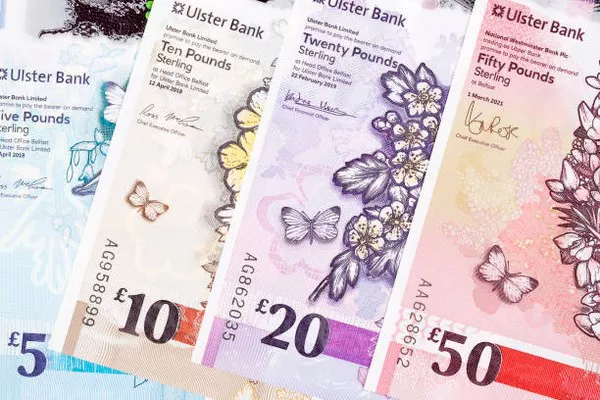The United Kingdom, like much of the world, has faced significant economic challenges in recent times, notably due to the impacts of the COVID-19 pandemic. Understanding the duration of the UK recession is crucial for businesses, policymakers, and individuals alike. While forecasting economic trends with certainty is complex, examining key indicators and expert insights can provide valuable insights into the potential duration of this downturn.
Recession Background
The UK economy entered a recession in 2020, primarily driven by the COVID-19 pandemic and the subsequent lockdown measures. The initial shock led to a sharp decline in economic activity, with GDP contracting by 9.8% in 2020 . The recovery in 2021 was notable, but the resurgence of COVID-19 variants and supply chain disruptions posed ongoing challenges . These factors have significantly influenced discussions about the length of the recession.
Economic Indicators
Several key economic indicators serve as essential markers for understanding the trajectory of the recession:
GDP Growth: The rate of GDP growth is a fundamental measure of economic health. The UK’s GDP growth, while rebounding, has not yet returned to pre-pandemic levels, indicating ongoing economic strain .
Employment Figures: The labor market is critical for gauging economic recovery. Unemployment rates, job creation, and wage growth all impact consumer confidence and spending patterns.
Inflation Trends: Inflationary pressures can influence monetary policy decisions and consumer behavior. The Bank of England closely monitors inflation rates to guide its policies.
Consumer Spending: Changes in consumer spending habits reflect broader economic sentiments. Variations in spending can reveal shifts in confidence and financial stability .
Expert Opinions
Economists and analysts play a crucial role in forecasting economic trends. While opinions may vary, several prevailing viewpoints exist regarding the duration of the UK recession:
Short-Term Optimism
Some experts predict a relatively short-lived recession, citing the resilience of the UK economy and ongoing government support measures. They argue that as COVID-19 restrictions ease and supply chain disruptions normalize, economic activity will rebound swiftly .
Prolonged Recovery
Conversely, other economists caution against premature optimism, highlighting persistent challenges such as inflationary pressures and global economic uncertainties. They anticipate a more prolonged recovery, with the recession potentially extending into 2023 .
Government Policy
Government interventions have played a pivotal role in shaping the economic landscape. Fiscal stimulus packages, monetary policies, and regulatory adjustments all influence the speed and trajectory of recovery. The UK government’s economic strategy, including its response to inflation and employment, will significantly impact the recession’s duration .
Global Factors
The interconnected nature of the global economy means that international developments can impact the UK’s economic prospects. Geopolitical events, trade agreements, and shifts in global supply chains all contribute to the complexity of economic forecasting .
Long-Term Considerations
Beyond immediate recovery efforts, long-term structural changes will shape the UK economy’s trajectory. Investments in infrastructure, technological innovation, and sustainability initiatives can foster economic resilience and competitiveness in the post-recession era .
Conclusion
Predicting the precise duration of the UK recession is challenging, given the multitude of variables at play. While some indicators point to a potential recovery in the near term, ongoing uncertainties underscore the need for caution. Government policies, global economic dynamics, and societal shifts will collectively shape the path forward.
Ultimately, a comprehensive understanding of economic trends, coupled with adaptive policymaking and strategic investments, will be essential for navigating the recovery process and building a resilient economy for the future.


